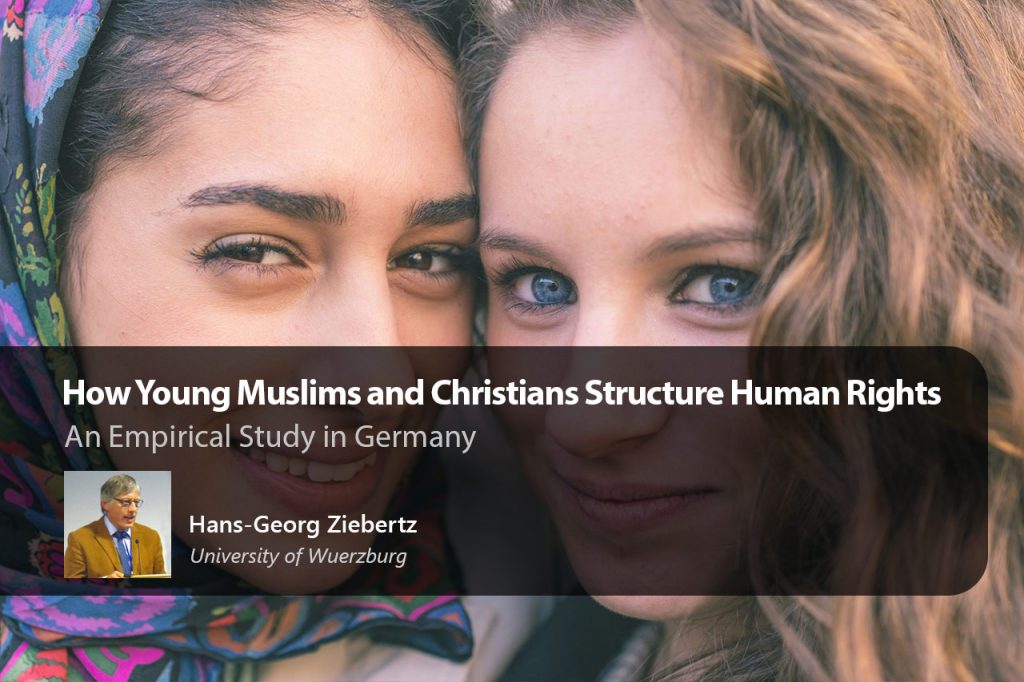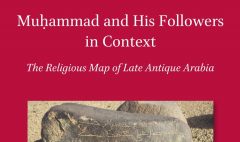How Young Muslims and Christians Structure Human Rights: An Empirical Study in Germany
December 9, 2021 2024-03-17 23:09How Young Muslims and Christians Structure Human Rights: An Empirical Study in Germany

How Young Muslims and Christians Structure Human Rights: An Empirical Study in Germany
Article: “How Young Muslims and Christians Structure Human Rights: An Empirical Study in Germany”
Author: Hans-Georg Ziebertz, University of Wuerzburg
Published in: The Ambivalent Impact of Religion on Human Rights, pp.125-153
Publisher: Springer International Publishing
Publication Date: November 2021
 The main question of this research paper is how young Christians and Muslims in Germany structure different areas of human rights. International conventions claim that all human rights are equal, universal, indivisible and interdependent. As a unity all human rights express the modern understanding of humanity and predictability of social and societal relations. This paper focusses on the normative claim of unity from an empirical perspective when queried how young people perceive and structure human rights. Since the claims to universality of both, human rights and religions, are not always free of tension, the question is also if Muslims and Christians differ regarding the structure and valuation of human rights. The empirical analysis among N = 1785 young people shows first that human rights are not seen as an alliance of equal rights and second that Muslims and Christians show as well commonalities as differences in their attitudes towards human rights.
The main question of this research paper is how young Christians and Muslims in Germany structure different areas of human rights. International conventions claim that all human rights are equal, universal, indivisible and interdependent. As a unity all human rights express the modern understanding of humanity and predictability of social and societal relations. This paper focusses on the normative claim of unity from an empirical perspective when queried how young people perceive and structure human rights. Since the claims to universality of both, human rights and religions, are not always free of tension, the question is also if Muslims and Christians differ regarding the structure and valuation of human rights. The empirical analysis among N = 1785 young people shows first that human rights are not seen as an alliance of equal rights and second that Muslims and Christians show as well commonalities as differences in their attitudes towards human rights.
Read full article HERE.
Source: ResearchGate








